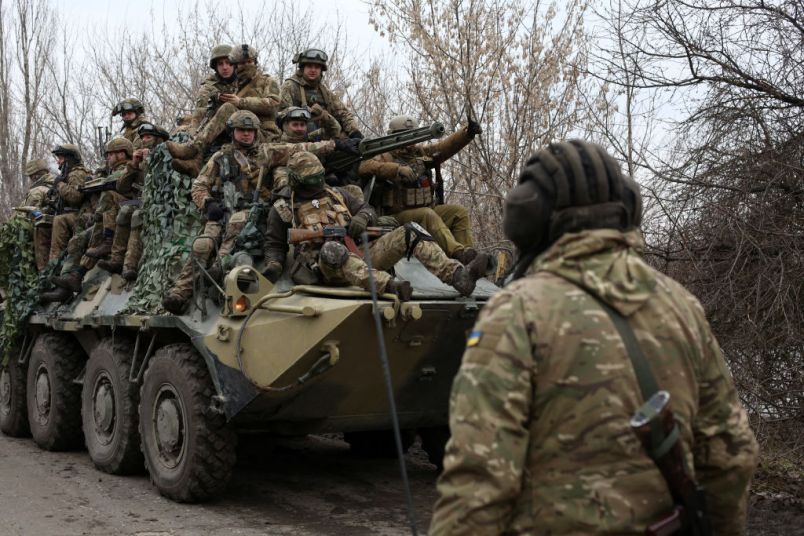I have been reluctant to write anything about the war in Ukraine, even though it is the American government’s most important current initiative and even though I remain skeptical about the administration’s war aims and about the role that Washington’s leading think tanks and media have played in pressing the conflict. One reason I have been hesitant to venture an opinion is that I am not an expert on the area. But the other reason is that the information we are getting from the mainstream press and official sources is, at best, inconsistent.
Here’s a recent example. On Tuesday, April 4, the Financial Times ran a story headlined, “Russian forces claim control of Bakhmut,” in which the Russians claimed a “significant advance by capturing the central area of the city.” But the FT also quoted a Ukrainian defense official saying the Russian claim was “not even close to reality.”
On Thursday, April 6, the New York Times ran a story headlined, “How Russia’s Offense Ran Aground,” which claimed the Russians had won “only part of the city of Bakhmut.” The story, replete with graphics from the Institute for the Study of War, one of Washington’s go-to think tanks for information on the war, suggested that the Russians were in trouble. It did not directly contradict the Russian claims the FT reported, but implicitly did so. At the least, the New York Times story had a completely different thrust.
Then on Friday, April 7, CNN ran a story headlined “UK Intelligence says Russia ‘regained some momentum in Battle for Bakhmut.'” It reported that the Russians have “likely advanced into the town center.” (I was particularly surprised by this story because in the past, UK Intelligence has been publicly bullish about Ukraine’s war prospects. Only two weeks ago, it reported that Russia’s advance had “stalled.”)
How to make sense of these stories? I’ll go with the FT and CNN in this case. Contrary to what is implicit in The New York Times story, I heard few predictions months ago that either side would make significant advances during the bitter, impassable winter months, but I did read frequently that Ukraine’s forces were heavily banking on retaining Bakhmut, whatever its strategic significance.
My very hesitant conclusion from this mishmash of information is that the war is stalemated, and that it is unlikely that Ukraine’s forces will win the “victory” that many of Washington’s foreign policy experts have either projected or advocated as an essential objective.
Russia has, of course, already paid dearly in its global standing and future economic prospects for its invasion, as well as in several hundred thousand casualties. But a stalemate will continue to wreak havoc in Ukraine. Thousands and thousands will die. The economy will be in ruins. Over the long run, support for the war in the United States and Europe will also diminish.
There are, as I see it, only two ways to break such a stalemate: Escalated military intervention by the United States and its NATO allies, which could lead to a wider war; or a vigorous push for an armistice and eventually a negotiated settlement. The latter will have to include a large role for China. I favor the latter option. One can argue that it is too difficult currently to press for negotiations. But I believe it should be the American government’s objective. And this means recognizing that there are important instances where the United States needs to work with China’s leadership.






